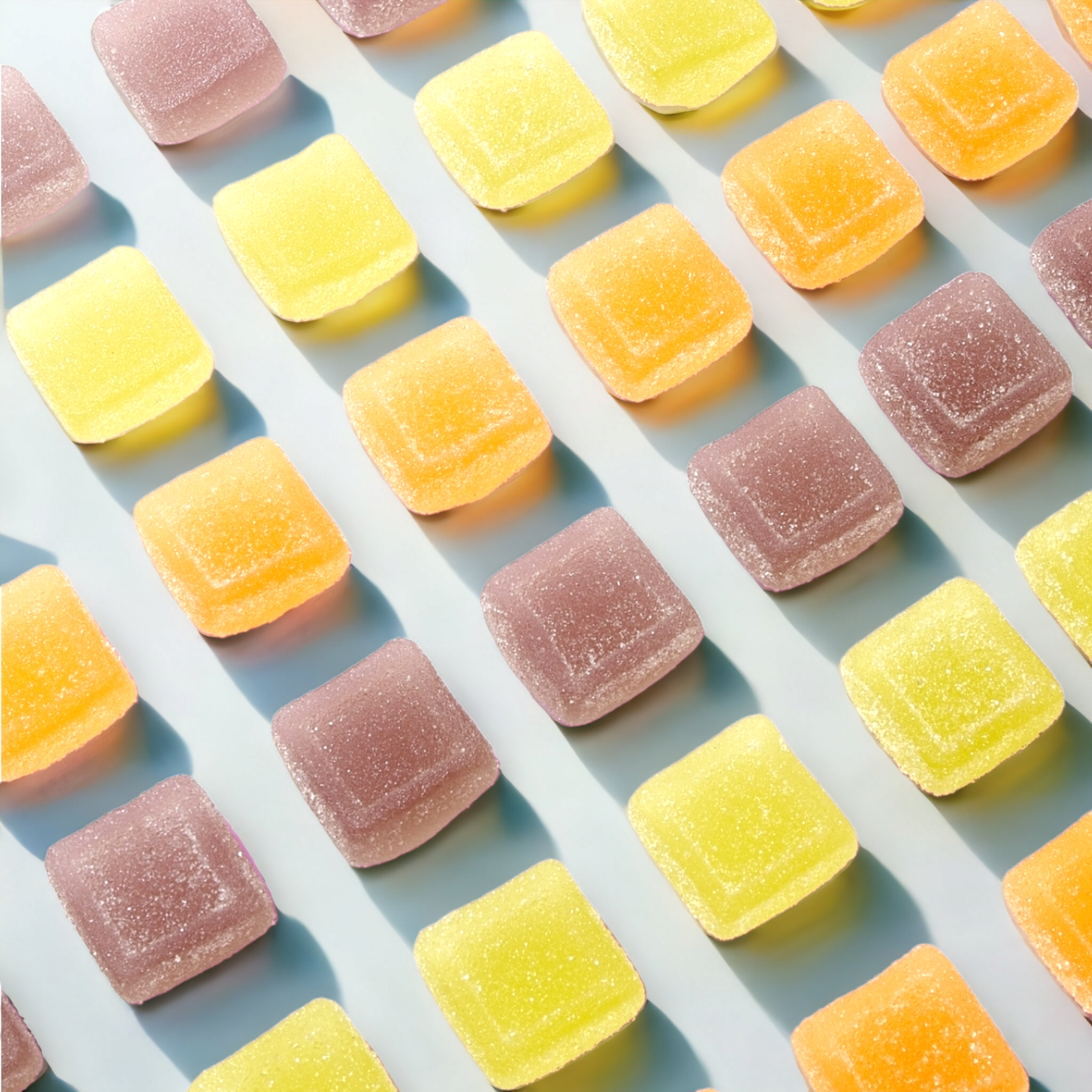Marijuana and hemp come from the same Cannabis sativa plant, and it was this reason that urged lawmakers in 1937 to push for the listing of both herbs as controlled substances. What they didn’t know at the time however is that distinctions in these herbs manifest differences in chemistry that make them almost entirely different.
It was this discovery that led to the 2018 Farm Bill which ultimately makes hemp legal across the nation on a federal level. However, because of the close resemblance between hemp and marijuana, states are careful to implement regulations to make sure the herbs are properly differentiated. In Nevada though, it’s a different story.
The reason why people always end up asking whether smokable hemp is legal in their state is because of the close resemblance between marijuana and hemp. The only real differentiating factor that sets the two herbs apart is the level of THC they possess.
By law, for any cannabis sample to be considered hemp, it should contain no more than 0.3% THC. Anything more than that qualifies the herb as marijuana, and is illegal across a number of states. Other than this, there isn’t anything else that distinguishes marijuana from hemp.
For law enforcement officers, that can be an issue. Because the appearance and odor of cannabis is no longer enough evidence to establish probable cause, officers will have to put samples through testing before they can sanction the offender. Unfortunately, the entire process of testing for THC can take weeks.
In Nevada, it’s a different story. Having legalized marijuana completely, there’s no need to differentiate one from the other since both herbs are allowed in the state. But because individuals are prohibited from using marijuana in public spaces, it might still be best to keep your hemp smoking habit to your personal, private property.
Hemp edibles make up a huge chunk of the hemp market. With food and drink products available in a wide variety, the broad selection gives buyers a dose of CBD in a package that satisfies both necessity and desire. Hemp edibles are so widespread in fact, that you’re likely to find them in every convenience store, salon, or gas station.
But for as widely available as hemp edibles might be, they’re surprisingly illegal. According to the FDA, the extract taken from hemp isn’t approved as a food additive. And even if it were approved for its therapeutic claims, the road to becoming a food additive would be entirely different than the approval as a health supplement.
All of this considered however, it’s easy to see that law enforcement seems to be turning the other cheek in terms of enforcing FDA regulations. That’s why many of the stakeholders in the hemp market believe that these regulations will soon ease up and fully legalize the sale and use of hemp infused edibles. Until then, they remain sort of illegal, but not quite.
Because of their relaxed marijuana laws, it is possible for individuals to grow hemp for personal and private use. People over the age of 21 can grow up to six marijuana or hemp plants at home. But there are a few restrictions in place to safeguard the citizens’ growing practices.
The first is that all plants must be grown in an enclosed space away from public view and from the access of minors living in the residence. DIY cultivators are allowed to give away up to one ounce of their harvest, and they can grow for someone else. But you’re only allowed to grow your own plants if you reside 25 miles away from a dispensary.
The Battle Born state is one of the most lenient when it comes to hemp use, and that’s mainly because of their marijuana legislation. But even then, there are some restrictions in place to help regulate both herbs and guarantee the safety of their citizens. Of course, it would be nice to be able to smoke hemp flower in public spaces, but since the state will let you grow your own stash at home, you can always just get your dose in the comfort of your personal space.
[starbox id=3]

